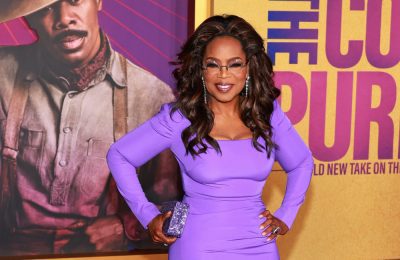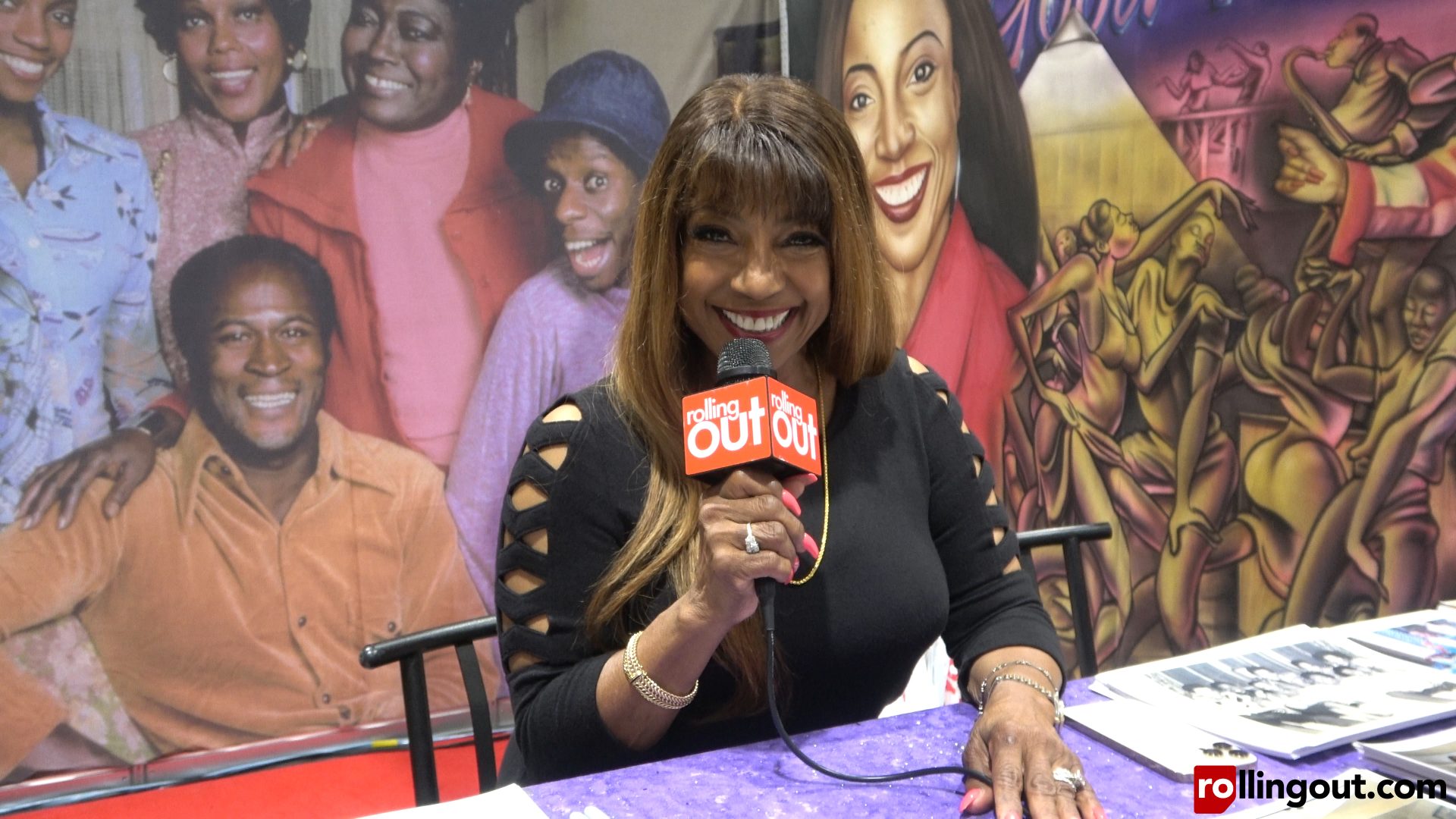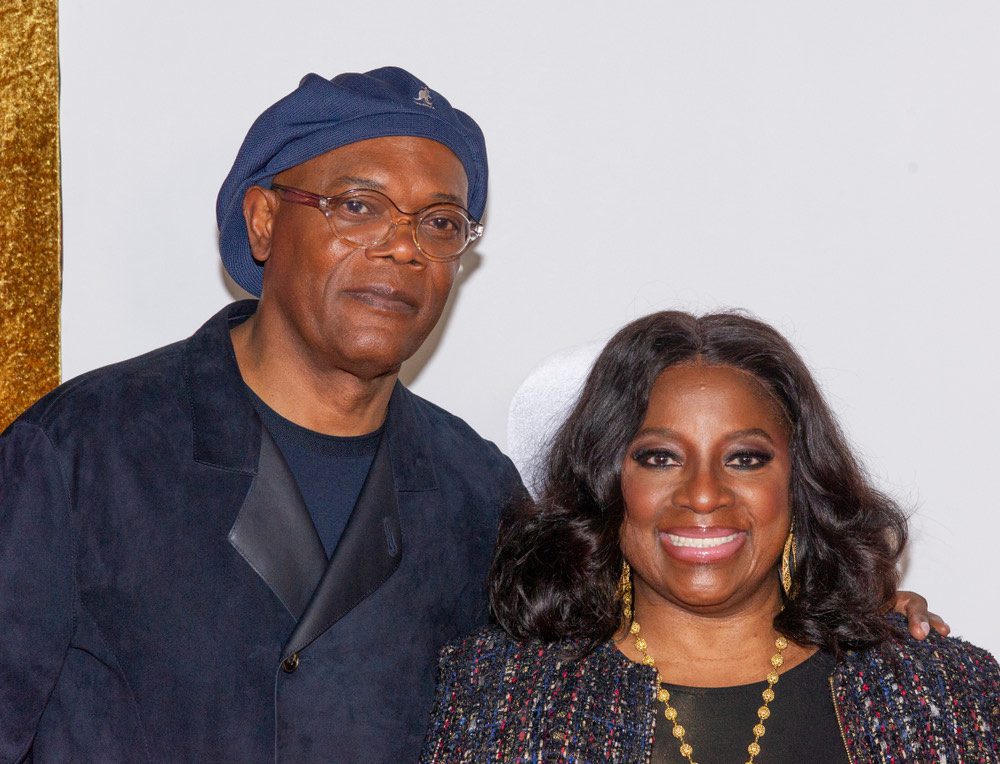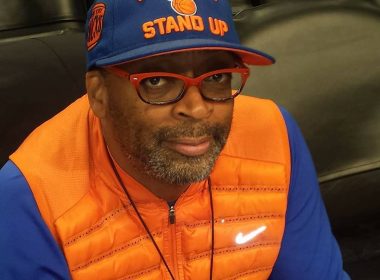
On Jan. 18, 1975, Archie Bunker’s loudmouthed neighbor George Jefferson landed himself an upscale, 12th floor apartment on the east side and he launched a new dry cleaning franchise. The aspirational husband and father, didn’t mince words, which played in and against his favor. “The Jeffersons” was a spinoff of the cult phenomenon “All in the Family,” which starred Carroll O’Connor. The Queens, New York, bigot was a neighbor to Jefferson (Sherman Hemsley), who was himself prejudiced. The show had a nice long run, ending after 11 seasons and a total of 253 episodes on July 2, 1985.
The man behind the characters who dealt with issues of race, gender and economic is Norman Lear. The famed film and TV writer and producer came to Atlanta for an intimate conversation at Morehouse College that was preceded by a round of press interviews and a cocktail party at the home of president Dr. John Silvanus Wilson Jr.
Special invited guests included Marla Gibbs, Usher, Jasmine Guy, Terri Vaughn, Atlanta Jewish Film Festival chairman Steven Labovitz, and more.

The spunky nonagenarian read passages from his memoir, Even this I get to Experience, which chronicles his television and film journey.
During our one-on-one interview, the ultimate charmer, Lear tells this writer it took him 93 years to meet me and have this experience.
He’s had quite a few experiences in his nine decades, including witnessing his father leave home for prison. Lear was nine-years-old. His uncles became his role models. One of his uncles was a publicist; Lear wanted to grow up and be like his uncle.
“I wanted to be a press agent when I was a little guy. I had one uncle who used to flick me a quarter when he saw me. I didn’t have another role model as exciting as that … one who flipped a quarter to a nephew. That’s who I wanted to do … work on the skirting edge of media. I went to California as a young man to do that. I ran into someone who wanted to be a comedy writer and my dream of becoming a press agent was changed,” he shares on his foray into the entertainment industry. Lear, who grew up during the Great Depression had nine TV shows on the air at the same time.
On his success and being dubbed by the New York Times as the man who changed the television landscape, a modest Lear says, “You can write a character and make them funny. But when someone inhabits the role it’s a gift that nobody could have imagined. The way Marla played her character was her way … the words are just words on paper until an actors inhabit them. There she was with Sherman Hemsley and Isabel Sanford the chemistry among all them was magical. Nobody takes credit for that. It’s in the heavens.”

























